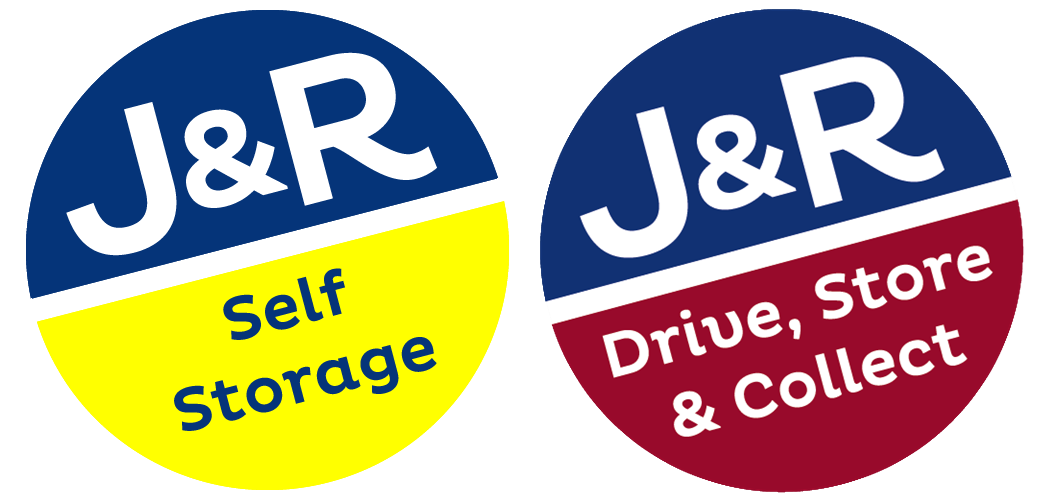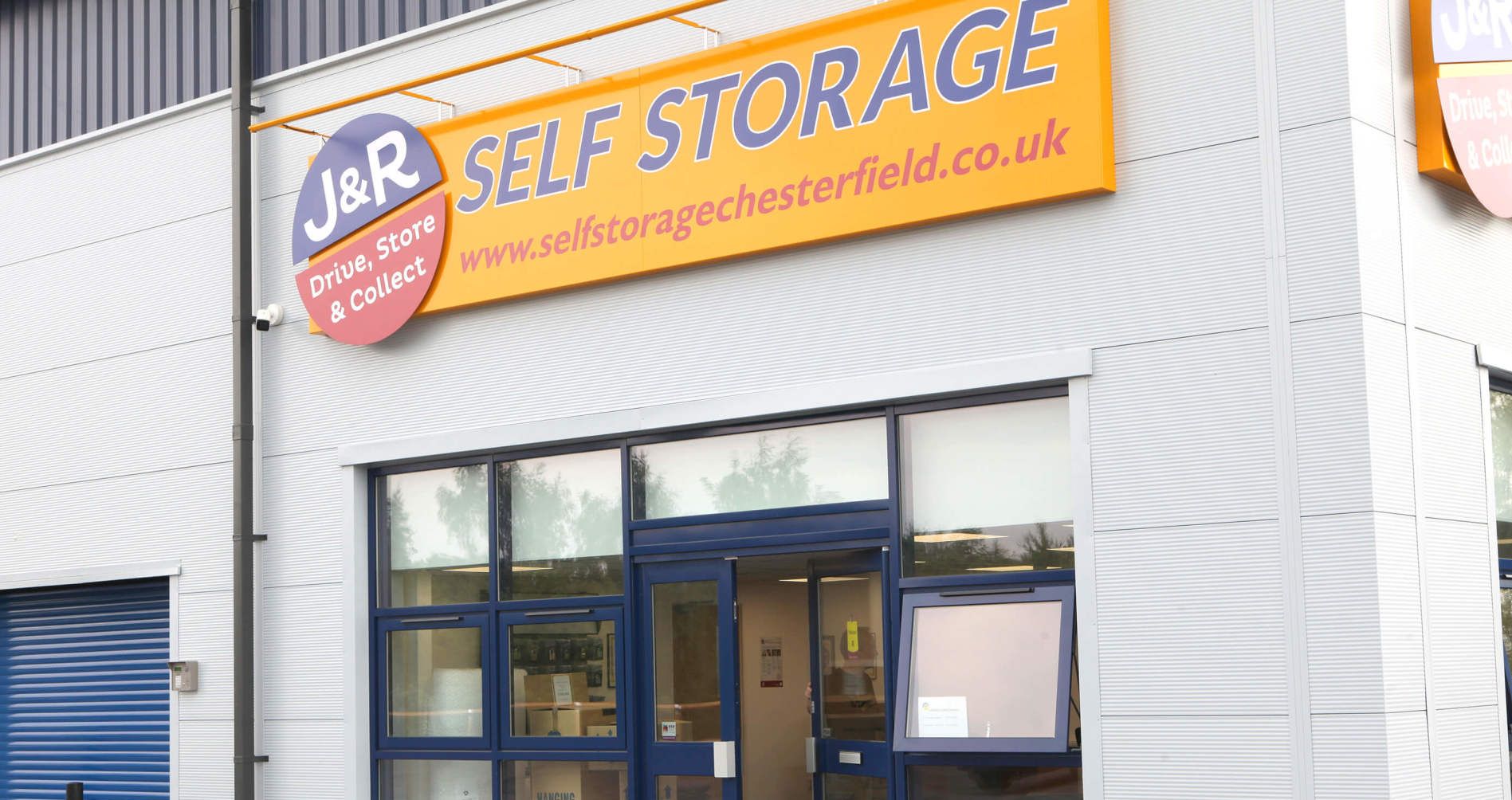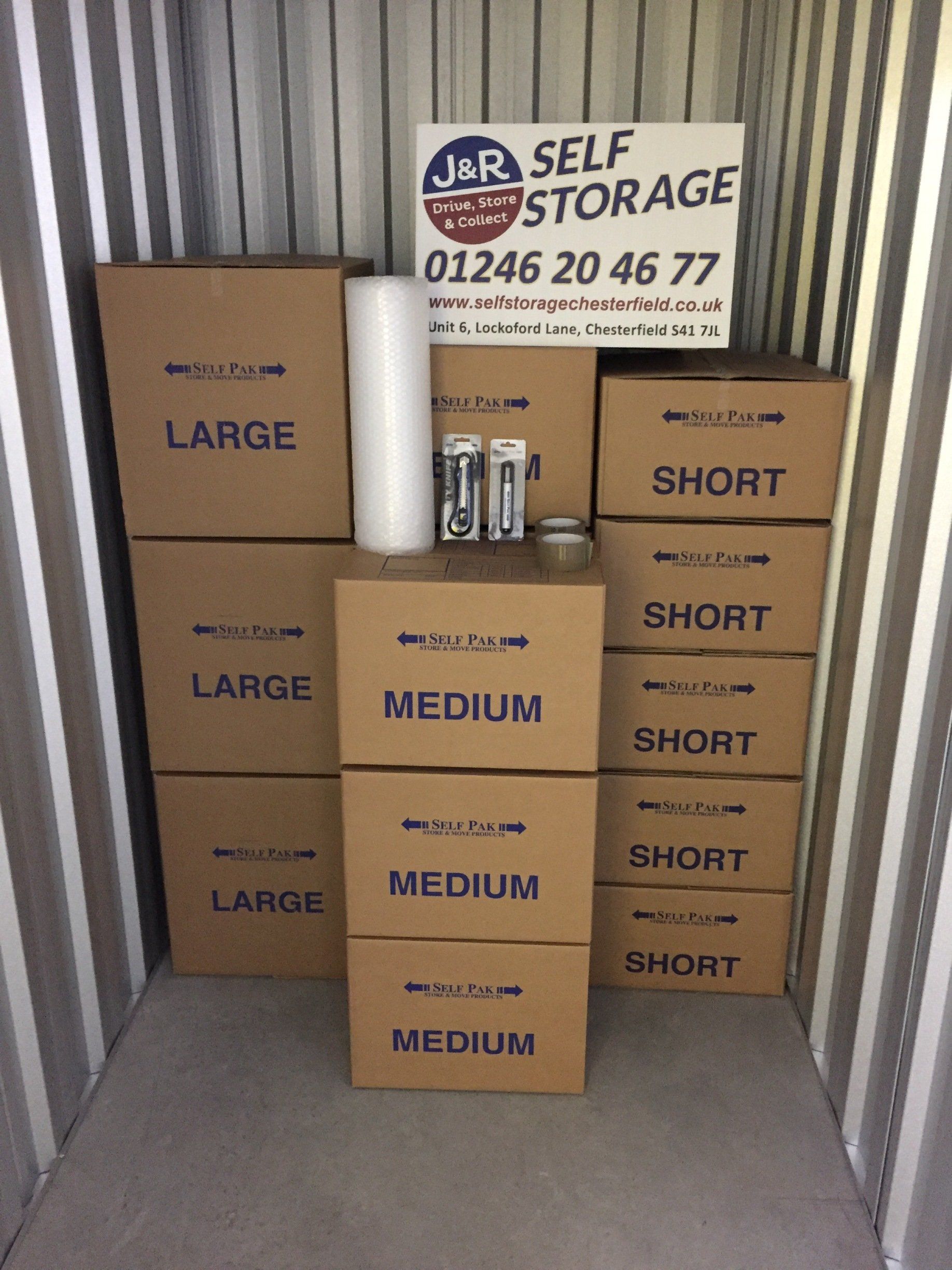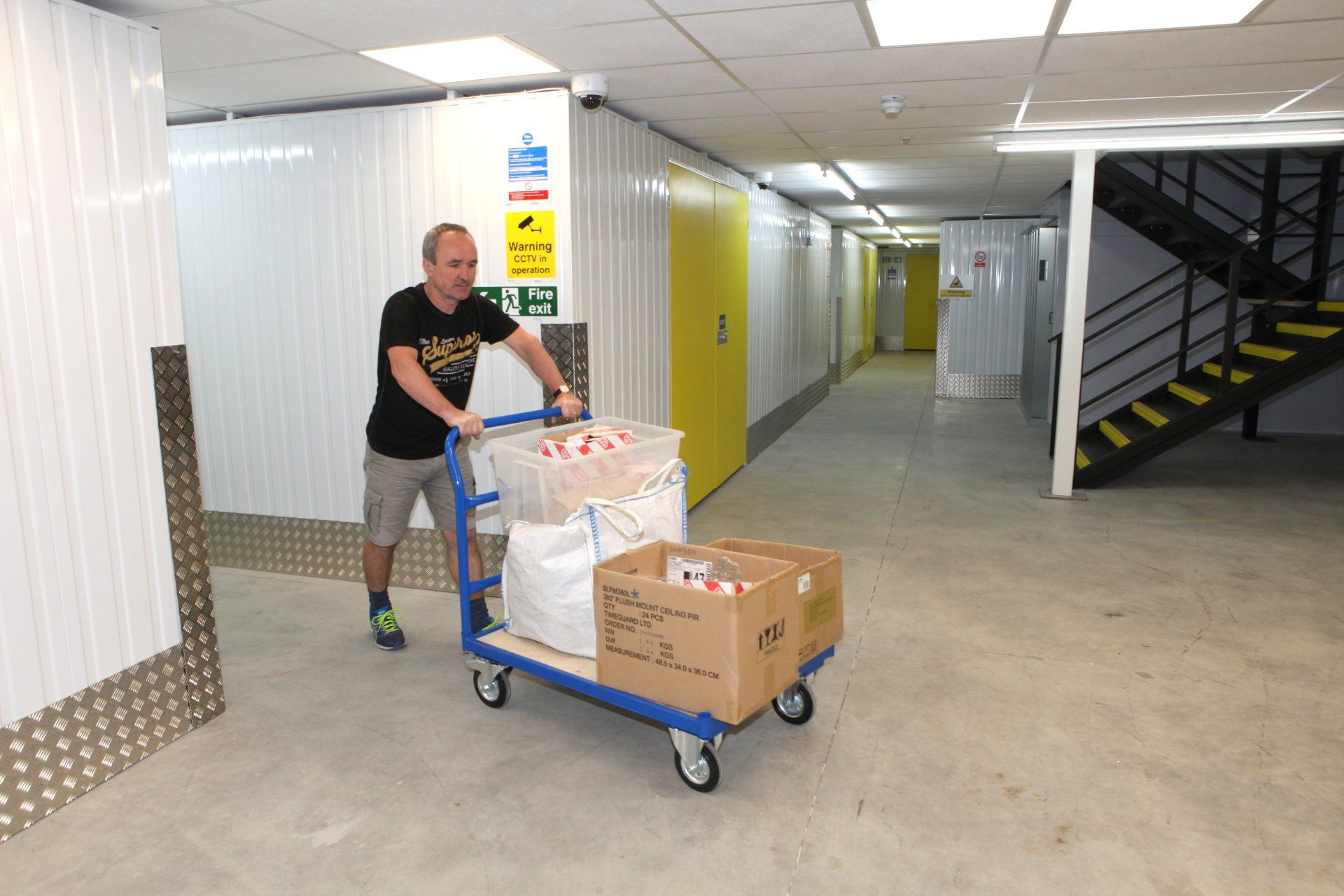Moving Tips
Moving Home? a Few Tips
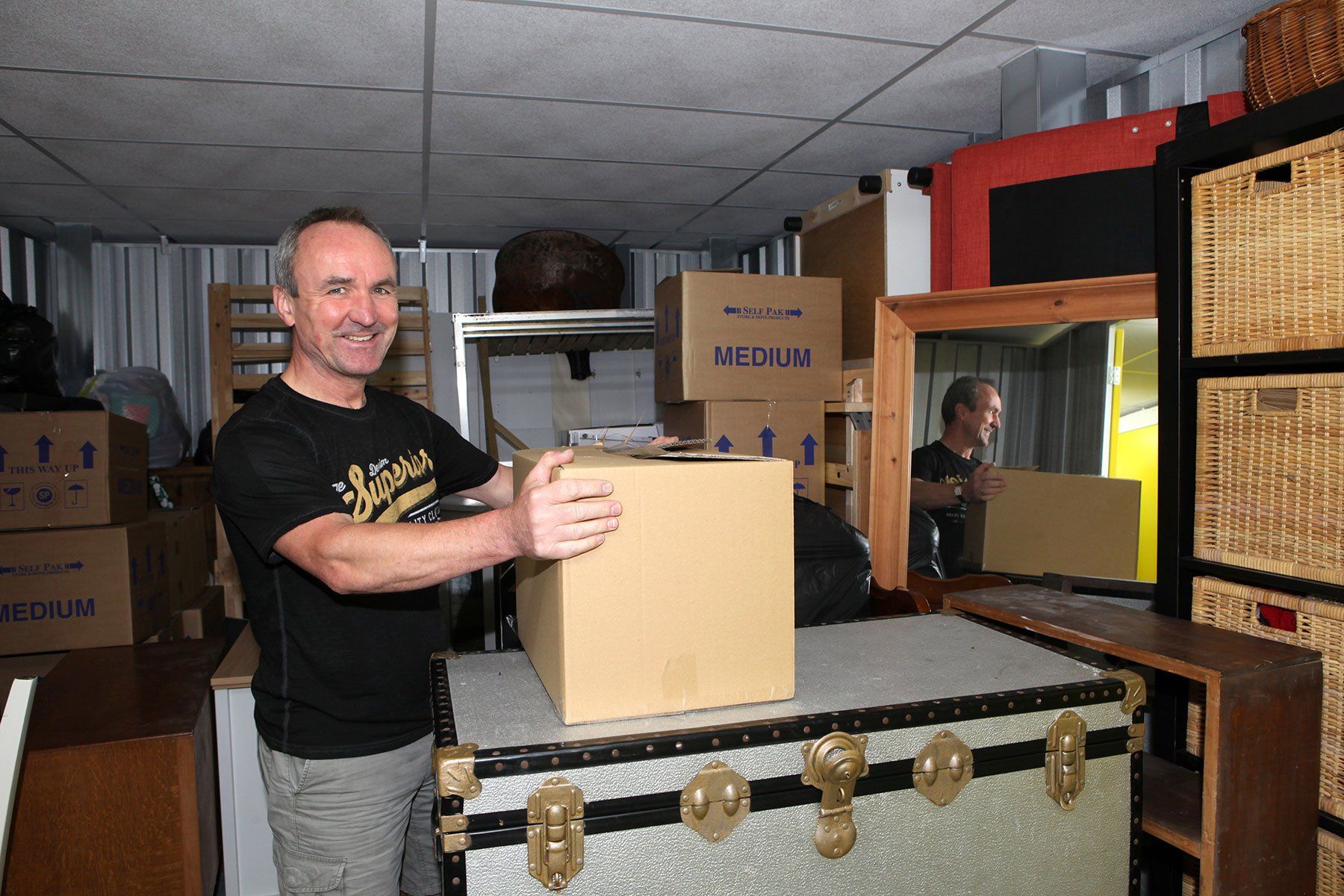
Contact your utility suppliers
You’re probably daydreaming about settling into your new home, and all the things you’re going to do to make it your own. But amidst all that excitement – don’t forget to get in touch with your current utility suppliers to let them know you’re moving out. You need to do this at least 48 hours before you move out. Examples of the utilities you may include:
- Water
- Electricity
- Gas
- Broadband
- Phone
Once you’ve let your utility suppliers know that you’re moving, check your energy account to see if you’re in credit/owe money so you know what to expect and can budget for it. With all the associated costs that come with buying a home, it can be easy to miss a bill that may be heading your way! And more importantly – don’t forget to take meter readings on the day you’re planning to move out – even if you have a smart meter. It’s always better to be safe than sorry!
If you want to know more about all things utilities when moving house, we can swot you up in no time.
Have a big clear out before you move
Moving into a new property is the perfect time to start fresh and sift through all your old things. This is even more so if you’re planning to book a removals service as they’ll ask you to give an estimate of how many items you’ll be moving. Sorting through all of your things ahead of the big day will mean that you’re not wasting time packing and moving things that you don’t need and won’t have space for in your new pad. Plus, a big decluttering mission also helps you start packing those non-essential items or putting larger belongings away into storage in the meantime if necessary.
Give the Team at J&R a call and we can show you a range of options for decluttering
For the things you don’t need, or if you’re deciding to part with some belongings, why not donate them to charity? Not only are you actively decluttering your new home but you’re also doing a good deed in the process.
Get packing and label boxes
Now that you’ve had a big clear-out, packing up ready for the big day should be over and done with in no time.
Lots of people put off packing duties as the thought of boxes everywhere isn’t a pretty sight, and nor do they want to be tripping over them. However, packing early means less things to worry about come the big day – early bird catches the worm! Once your moving date has been confirmed, start packing up smaller room that aren’t used as much – spare bedrooms, garden sheds or those neglected corners of the loft where you stash the Christmas decorations.
Whilst it may sound like common sense, as the excitement of moving really kicks in, things like labelling boxes properly can easily slip your mind. Use a permanent marker to write which room the box is destined for and what’s inside it – especially if they’re fragile. Though, there are other approaches if time is of the essence, like labelling rooms by colours and using bright stickers to distinguish between them – not only timely but fun too!
Check our box shop for your essential packing supplies https://www.selfstoragechesterfield.co.uk/store/Boxes
Grab the essentials for moving day
Don’t forget the essentials you’ll need for that first special day in your new home. Consider this your survival kit – a box of essential bits and bobs that stay with you, rather than taking off with the removal team. We know once you’re in your new home, there’s nothing more you’re going to want to do than unwind with a glass of bubbly to celebrate. So, make sure to include things in your survival kit that’ll speed up unpacking or will manage the mess like box cutters, paper towels and bin bags. Then think about the things that you’ll want or need straight away – we’re talking cleaning products, kettle, mugs, teabags and toilet roll.
For the low down on the moving home essentials you need to get you settled into your pad for the first few days – they’re only a checklist away!
Get quotes on your removal costs
If you're moving without any furniture (for example if you've been renting a furnished property) – a car and a couple of good friends should do the trick. Even if you think you have a lot of stuff, hiring a van for a few hours may work out cheaper than booking a removal service – We can help with this
https://www.selfstoragechesterfield.co.uk/van-hire-chesterfield
If you’re taking all of your furniture with you, you'll probably need to recruit the help of a removal firm. But before giving any company the official seal of approval – always check their reviews
Make sure you’re in the know with all the other associated costs that come with buying a house so that you can always be on the ball if you need to make room or budget.
Change your address
Aside from utility suppliers, as soon as your move date is confirmed, you should also let any people or places you have regular correspondence with know that you’re moving. For example, this could include:
- Your bank
- GP surgery
- Dentist
- Place of work
- Insurance (including pets, car and travel)
- The DVLA
- Inland Revenue
- Electoral roll (update your registration)
- TV licensing
Top tip – it’s also a smart move to get any post redirected to your new address through the Post Office. There may be a small fee for this, but it does mean the guarantee that no important letters go AWOL, or end up in the wrong hands, once you’ve moved.
We’ve made a change of address checklist so that you can check if there are any other important people that you may need to notify of your move – we’ve got your back!
Check your home insurance
From buying to moving your things to a new and unfamiliar property, there are at times things that can go wrong – which is why it’s a smart idea to have the right home insurance in place. And that’s not just from when you get the keys and take the first steps through the door, but from when you take ownership of the property.
As a buyer, once you’ve exchanged contracts, it’s your responsibility to get buildings insurance so that you’re financially protected if something was to happen to the structure of your home. You should have buildings insurance ready to go for your new pad on the day you exchange contracts with the seller, rather than the day you get the keys. This means you’ll be protected as soon as you’re legally responsible for the house. As well as this, you’ll need contents insurance to make sure your belongings are covered during your move. Generally, for contents insurance cover to be valid, the move needs to be done by a professional remover. If you’re DIY’ing the big move, you may need to look for a specialist policy.
Can I transfer my existing home insurance policy?
Absolutely – but preparation is key! If you’re planning on transferring your existing home insurance policy, you need to let your insurer know well in advance of the expected exchange date. Though, you might also have to pay a fee to alter your existing home insurance policy.
Home insurance premiums take a number of factors into account, like the house itself and the local area, so keep in mind that the cost of cover can change once the policy is transferred. So, in some cases, it could be worth just cancelling all together and shopping around for a cheaper deal – but it depends entirely on your personal situation.
Remember – if you’re kitting out your home with any new furniture or electrical goods, let your insurer know as this will influence the amount of cover needed on your contents insurance.

